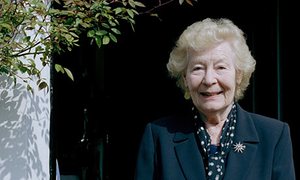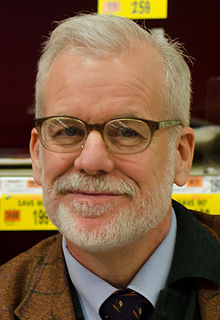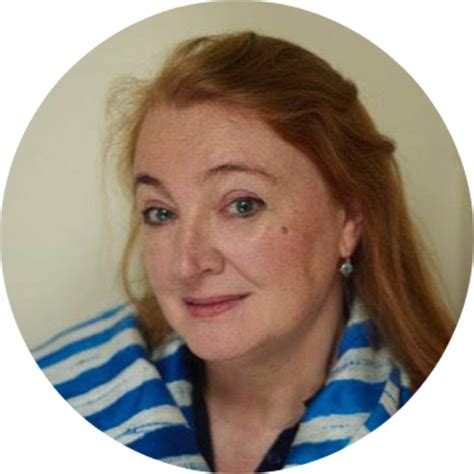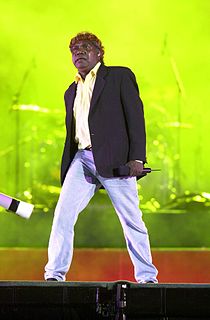A Quote by Nina Bawden
I like writing for children. It seems to me that most people underestimate their understanding and the strength of their feelings and in my books for them I try to put this right.
Related Quotes
I want to see children curled up with books, finding an awareness of themselves as they discover other people's thoughts. I want them to make the connection that books are people's stories, that writing is talking on paper, and I want them to write their own stories. I'd like my books to provide that connection for them.
I'm not naive, I know that bad things happen, but most people do the right thing most of the time. Most people wake up and they try to do what's right for their relationships, whether it's marriage or family. They try to do what's right for their job. They try to make a better world for those around them, and that's what I want to write about.
A house without books is like a room without windows. No man has a right to bring up his children without surrounding them with books, if he has the means to buy them. It is a wrong to his family. He cheats them! Children learn to read by being in the presence of books. The love of knowledge comes with reading and grows upon it.
It's about people coming to an understanding, a realisation that we must bridge the gap, build bridges and make people aware of what's happening. The award gives me the kind of pride and understanding that most people wouldn't think of. It is strengthening the Yolgnu people, but it's also giving strength to Balanda people who otherwise don't have that kind of understanding.
The young adult literature is relatively new - it just kind of exploded in the 2000s. When I grew up, there weren't bookstores with sections dedicated to teen lit, nor was my generation raised reading books written specifically for us. Because of that, today we still think of books for teens as children's books and so when you write a book that includes sensitive topics, it just seems even more controversial. What's troubling to me about that is these are issues adults know that teens deal with. Not writing about them makes them something we don't, or can't talk about.
Kids not only need to read a lot but they need lots of books they can read right at their fingertips.They also need access to books that entice them, attract them to reading. Schools...can make it easy and unrisky for children to take books home for the evening or weekend by worrying less about losing books to children and more about losing children to illiteracy.






































